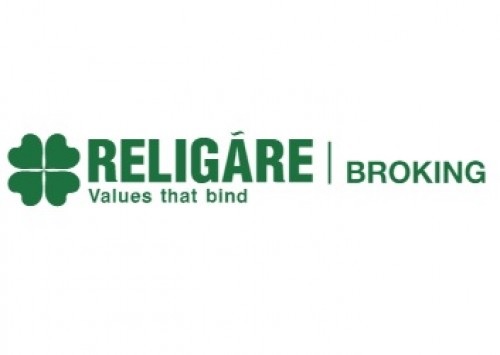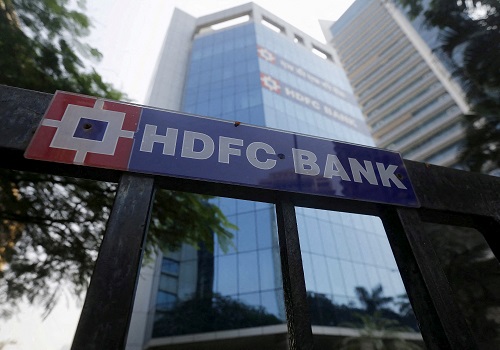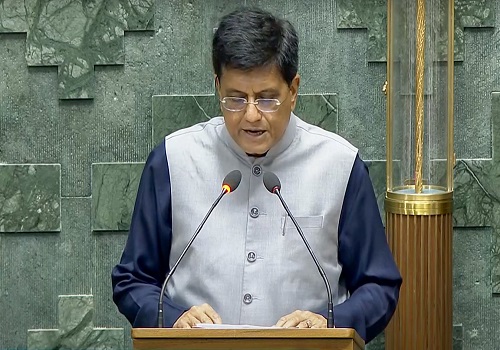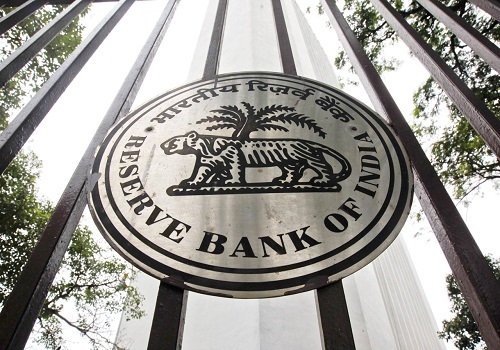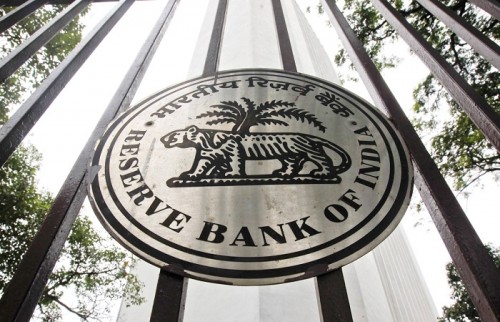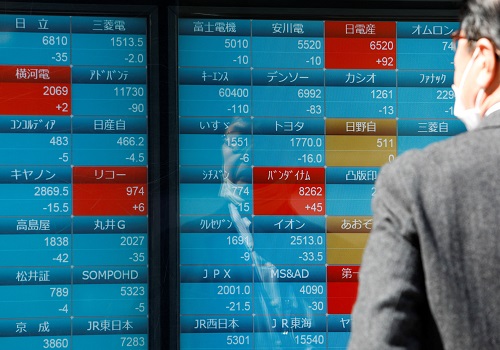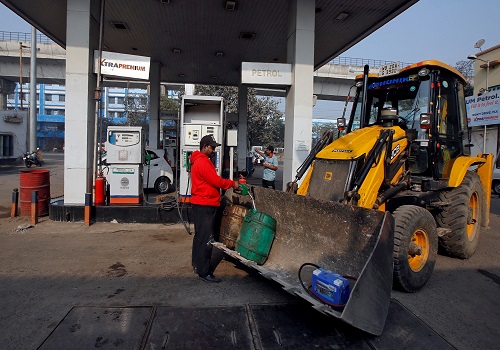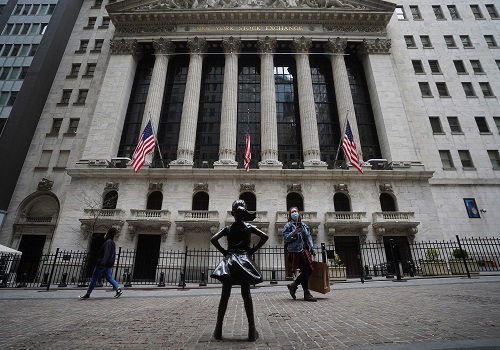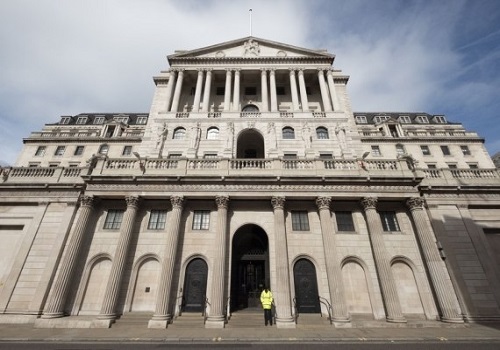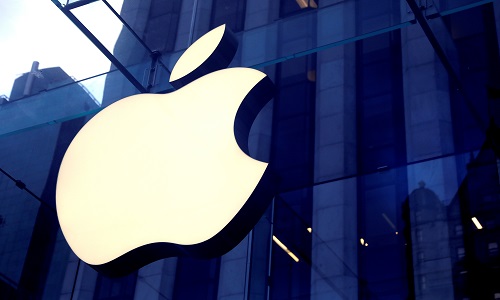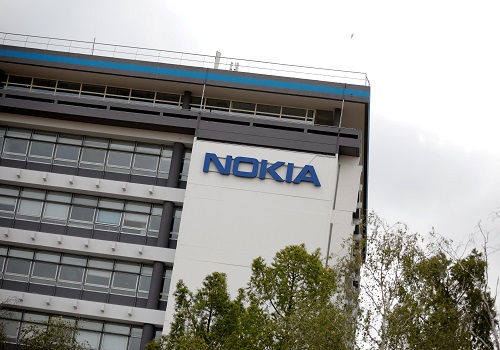Euro zone inflation surges, a communications headache for ECB

Follow us Now on Telegram ! Get daily 10 - 12 important updates on Business, Finance and Investment. Join our Telegram Channel
https://t.me/InvestmentGuruIndiacom
Download Telegram App before Joining the Channel
BRUSSELS/FRANKFURT - Euro zone inflation surged well past expectations last month, driven by rising energy costs and a German tax increase, posing a potential communications challenge for the European Central Bank.
Inflation has undershot the ECB's nearly 2% target for most of the past decade. The bank has promised ultra-easy policy for years to come, with price pressures muted and a recovery from a pandemic-induced recession dragging out.
But a surge in prices, even if temporary as many policymakers expect, could make it more difficult to justify exceptional stimulus, particularly in Germany, the euro zone's biggest economy, which has viewed copious monetary printing with deep scepticism for years.
Annual inflation in the 19 countries sharing the euro jumped to 0.9% in January from -0.3% over the previous four months, Eurostat said on Wednesday, the highest rate in nearly a year and beating economists' expectation for 0.5%,
The surge was primarily driven by the reversal of an earlier German tax cut, a rise in energy costs as oil prices surged and higher food prices, even as the cost of imported goods fell over the previous month.
Underlying inflation showed a similar surge. Inflation excluding food and energy costs, a key indicator watched by the ECB, rose to 1.4% from 0.4%. A narrower gauge that also excludes alcohol and tobacco rose to 1.4% from 0.2%.
Anticipating this surge, the ECB has already warned against taking this technical rebound for the return of sustained inflation.
Indeed, ECB officials argue that inflation is merely returning to its pre-pandemic path. That is still too low, and ample slack after last year's deep recession will keep price growth under target for years to come.
This argument foreshadows fierce resistance against any policy tightening, even if inflation, at 0.9%, exceeds the 0.3% the ECB predicted for this quarter.
But the figures could make it more difficult for policymakers to argue for the extension of record-high support once emergency bond buys are set to run out in the first quarter of 2022.
(Reporting by Jan Strupczewski and Balazs Koranyi; editing by Philip Blenkinsop, Larry King)

